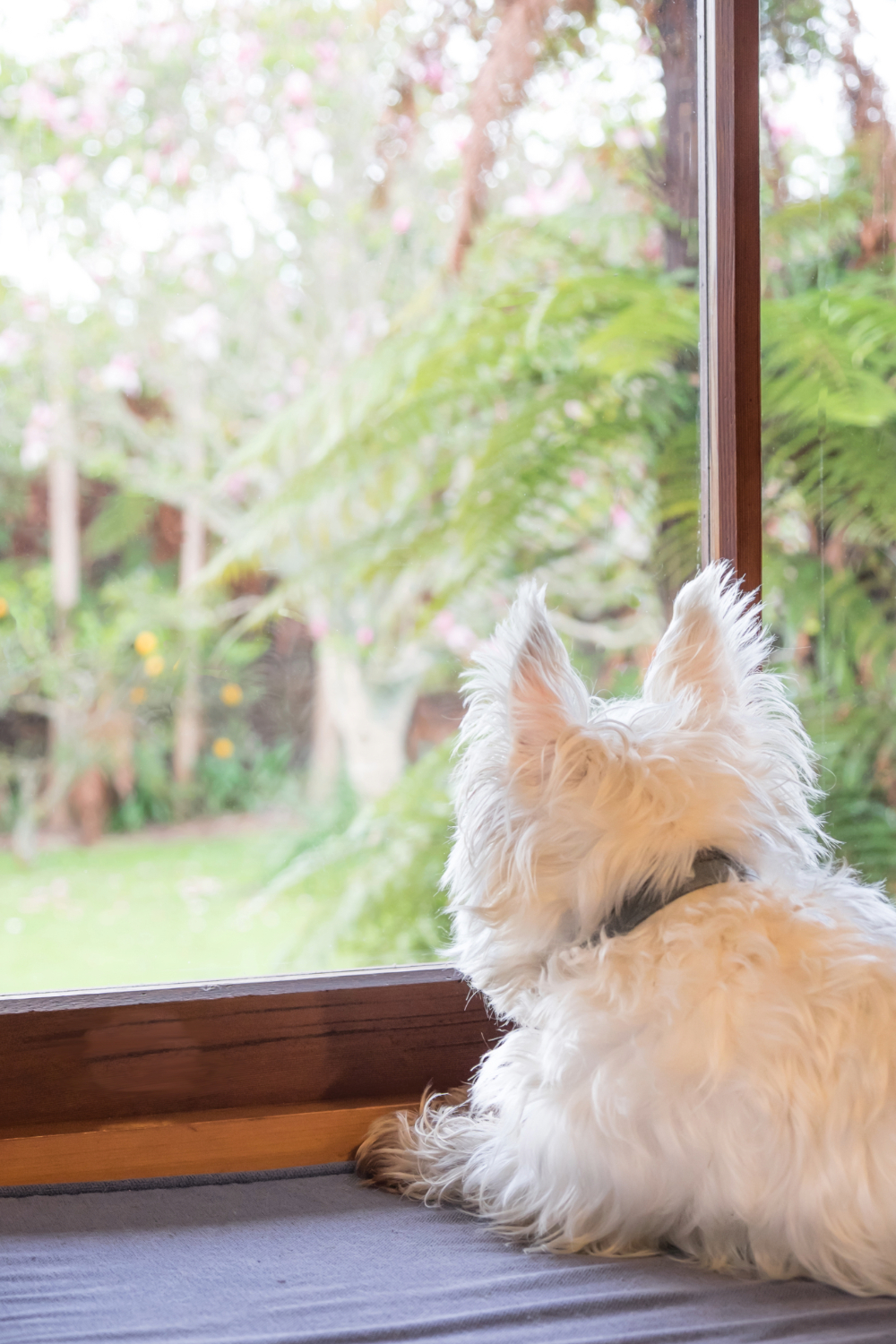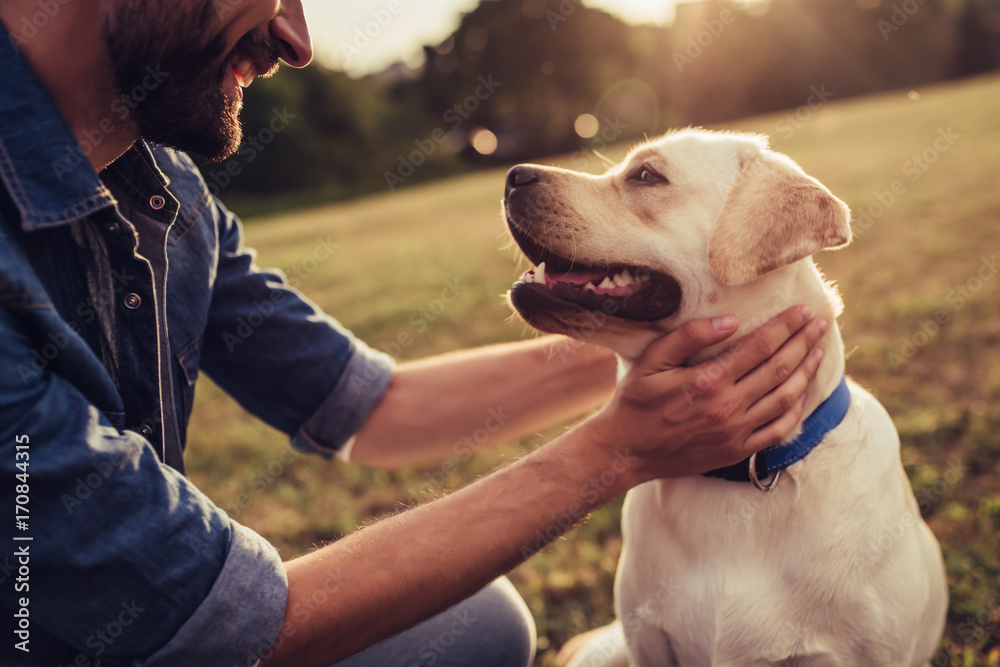Anxiety Management
Check out our Aggression Management Training program today!
$POA (price on application – dog needs to be evaluated)
- 3-5 Week training program
- Includes all Advanced Obedience Board & Train services +
- Focussed management of anxiety/fear/ aggression based behaviors
- Confidence building
Lessons
- Specialist training- odor detection, tracking & controlled aggressions lessons
- $POA-please request a call back
Anxiety Management Training
If you are a dog owner, you know your furry friend can suffer from anxiety just like humans do. It can be heartbreaking to watch your dog experience anxiety, and it can be challenging to figure out how to help dog anxiety. That’s why we’ve created this page to provide you with information and resources on dog anxiety treatment and how to help your dog manage their stress.

Understanding Dog Anxiety
It’s essential to understand what causes stress in dogs and the different types of anxiety they can experience to help your dog manage their anxiety.
What causes anxiety in dogs? There are several reasons why your dog may experience anxiety. Some of the most common causes include changes in routine or environment, loud noises such as fireworks or thunderstorms, being left alone for long periods, and trauma or abuse.
What types of anxiety do they feel? Dogs can experience different types of nervousness, and it’s significant to identify which type your dog is suffering from to provide the best dog anxiety treatment. Some common types of anxiety include separation anxiety, noise phobias, and general anxiety. When sight, smell, or sound becomes overloaded, the stress emerges. Dogs have keen senses that can become overloaded, leading to pressure. For example, if your dog smells something unfamiliar, it can trigger anxiety. Similarly, if they hear loud noises, such as construction work, it can cause them to become anxious.
Reactive Anxiety
Reactive anxiety occurs when your dog reacts to specific stimulating things. The reaction could include barking or lunging at other dogs or people when on a walk. Reactive anxiety is often rooted in fear, and your dog may react out of defense. If you have not socialized your dog appropriately, it may experience reactive anxiety when encountering unfamiliar dogs or people. They may also become reactive if they feel threatened or are in stressful situations.
Fear-based anxiety is a type of anxiety that is rooted in fear. It can come from past trauma or experiences that have caused your dog to associate certain situations or objects with fear. Your dog may experience fear-based anxiety in cases such as going to the vet, being in a car, or hearing loud noises such as thunderstorms or fireworks. They may exhibit signs of fear like shaking, hiding, or trying to escape.
Separation anxiety is a type of anxiety that occurs when your dog becomes separated from you or their primary caregiver. It’s a common form of anxiety in dogs and can be distressing for you and your furry friend. Your dog may exhibit separation anxiety when you leave the house by barking, whining, or being destructive. They may also follow you around the house or become overly attached to you.
Anxiety in dogs can be challenging to manage, but with the right dog treatment and support, you can help your furry friend overcome their tension. At Blackheart K9, we provide a range of resources and training options to help you and your dog manage anxiety.
Symptoms of Anxiety in Dogs
It’s essential to recognize the anxiety symptoms in dogs to provide them with the appropriate dog anxiety treatment. Anxiety in dogs can manifest in both physical and emotional symptoms.
It is necessary to seek dog anxiety treatment to help your dog manage their anxiety if you notice any of these symptoms in your dog.
Physical symptoms of anxiety in dogs can include:
- Panting
- Trembling or shaking
- Restlessness or pacing
- Excessive drooling
- Vomiting or diarrhea
- Destructive behavior, such as chewing or digging
Emotional symptoms of anxiety in dogs can include:
- Excessive barking or whining
- Avoiding eye contact
- Seeking excessive attention
- Hiding or attempting to escape
- Aggression toward people or other animals
- Loss of appetite or decreased activity levels

Dog Anxiety Treatments
Dog anxiety treatment can involve confronting the problem, building your dog’s confidence, and working through the anxiety. At Blackheart K9, we offer various dog anxiety treatment options, including obedience training, behavior modification, and desensitization training.
Obedience training can help your dog learn basic commands and build their confidence. When your dog learns things such as “sit” and “stay,” it can feel more in control of its environment, helping reduce anxiety.
Behavior modification is another type of dog anxiety treatment that involves identifying triggers that cause anxiety in your dog and modifying its behavior. For example, if your dog is afraid of loud noises such as fireworks, we can gradually expose them to these noises in a controlled environment, which can help them overcome their fear.
Desensitization training involves exposing your dog to a specific stimulus that triggers their anxiety, such as car rides or vet visits, in a controlled and gradual manner. Doing this over time can help your dog become desensitized to the stimulus, reducing their anxiety.
Dog Anxiety Prevention
Preventing strain in dogs is also important. Training your dog when they are young can help prevent anxiety. Socializing your dog with other dogs and people can also help them feel more comfortable in new situations. Exposing your dog to different environments, sounds, and smells can also help them become more adaptable and less prone to anxiety.
Other things you can do to help prevent your dog from getting anxiety include exercise and mental stimulation, creating a safe and secure environment, and establishing a routine.

Contact Us
At Blackheart K9, we understand the challenges of dealing with dog anxiety. That’s why we offer a range of dog anxiety treatments and resources to help you and your furry friend manage stress. Contact us today to learn more about our offerings and how we can help your dog overcome anxiety.
Anxiety in dogs can be distressing for both the dog and its owner. Recognizing the anxiety symptoms in dogs, seeking appropriate dog anxiety treatment, and taking steps to prevent anxiety from developing are all essential for managing your dog’s anxiety. At Blackheart K9, we offer a range of resources and dog anxiety treatment options to help you and your dog overcome stress and pressure. Contact us today to learn more!
